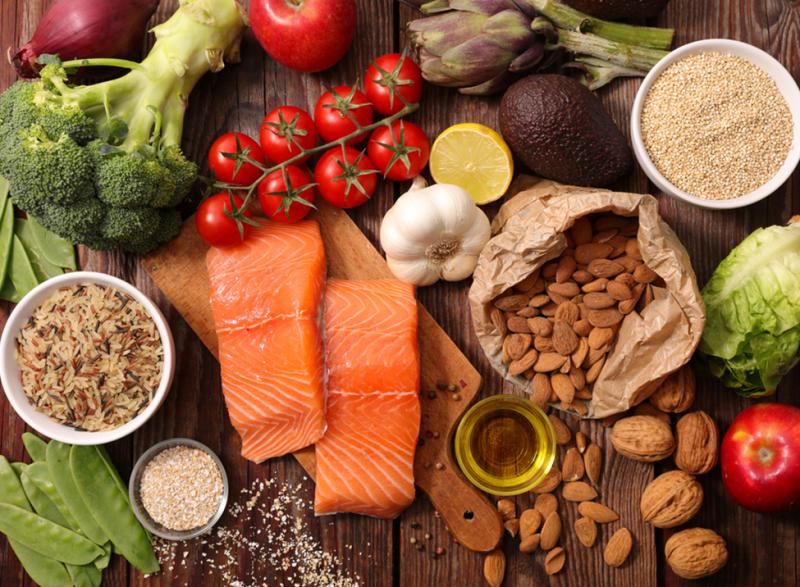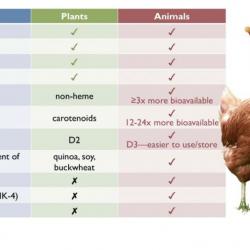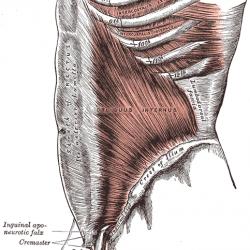Does What You Eat Affect Menopause Symptoms?

Source: Prostock-studio/Shutterstock.com
Menopause, the natural biological process that marks the end of a woman's reproductive years, can bring about significant changes to the body. This is because, during menopause, there is a decrease in the production of estrogen and progesterone hormones. These hormonal changes can impact bodily functions such as metabolism, bone density, and brain function.
One of the most common hormonal imbalance symptoms in women experiencing menopause is hot flashes. These sudden feelings of intense heat can be accompanied by sweating and a rapid heartbeat. Other symptoms may include vaginal dryness, mood swings, fatigue, and trouble sleeping. While not all women experience these symptoms to the same degree or at all, they can greatly affect the quality of life for those who do.
One way to manage these symptoms is through diet. Eating a healthy, balanced diet can help support overall health and potentially alleviate menopausal symptoms. This article will explore how what you eat affects menopause symptoms and offer tips to help you feel your best during this transition.
Foods and Drinks to Avoid During Menopause
As women go through menopause, they may experience various symptoms that affect their quality of life. While there are many ways to manage these symptoms, one factor that may play a role is diet. Certain foods can exacerbate menopause symptoms due to their impact on hormone levels and overall health.
One example of a drink to avoid during menopause is caffeine. Caffeine can interfere with sleep, exacerbating issues like insomnia which may already be present during this time. Additionally, it can cause or worsen hot flashes and increase anxiety levels in some women.

Source: danshanin/Shutterstock.com
Another food to be mindful of during menopause is alcohol. Alcohol consumption can lead to dehydration and trigger hot flashes or night sweats. It can also negatively impact bone health and contribute to weight gain, both of which are concerns for many women going through menopause.
Finally, processed foods high in sugar or salt should also be avoided as much as possible during this time. These types of foods can contribute to weight gain, inflammation, and other health issues that may worsen common menopausal symptoms such as fatigue or mood swings.
By being mindful of these foods and making smart choices regarding diet during menopause, women can help manage their symptoms and maintain their overall health throughout this transition period.
Foods to Focus on During Menopause
While certain foods can exacerbate menopause symptoms, many can help alleviate them. By incorporating various nutrient-dense foods into their diet, women going through menopause can support their overall health and well-being.
One food group to focus on during menopause is fruits and vegetables. These foods are packed with vitamins, minerals, and antioxidants that can help reduce inflammation in the body and support healthy hormone levels. Cruciferous vegetables like broccoli and cauliflower are particularly beneficial as they contain compounds that may help regulate estrogen levels.
Another food group to prioritize during menopause is whole grains. Brown rice, quinoa, and oats provide important nutrients like fiber and B vitamins which can help manage symptoms like fatigue and mood swings. Their lower glycemic index than refined grains ensures they won't cause blood sugar spikes that can contribute to hot flashes or other symptoms.

Source: margouillat photo/Shutterstock.com
Finally, including healthy fats in the diet is important during menopause. Foods like salmon, avocado, nuts, and seeds can help reduce inflammation in the body, thanks to omega-3 fatty acids, which can support cardiovascular health. They may also play a role in managing mood swings or anxiety, which can be common during this time.
By focusing on these nutrient-dense foods during menopause, women can support their overall health and well-being while potentially reducing the impact of common symptoms. But, as always, it's important to consult with a healthcare provider or registered dietitian before making any significant changes to your diet.
Five Other Ways to Ease Menopause Symptoms
While diet can play a significant role in managing menopause symptoms, there are also other ways women can support their health and well-being during this transition. From hormone testing and treatment to staying active, here are five other ways to ease menopause symptoms:
- Exercise Regularly – Regular exercise can help manage weight, reduce stress levels, and improve bone health. Aim for at least 30 minutes of moderate-intensity activity most days of the week. Walking, swimming, and yoga are all great options.
- Practice Stress-Relieving Activities – High stress levels can worsen menopausal symptoms like hot flashes or mood swings. Try activities like meditation, deep breathing exercises, or gentle yoga to help manage stress and promote relaxation.
- Get Enough Sleep – Sleep is crucial for overall health during menopause. Aim for seven to eight hours of sleep per night and establish a regular bedtime routine to help promote better sleep quality.
- Try Herbal Remedies – Certain herbs like black cohosh or red clover may alleviate menopausal symptoms like hot flashes or night sweats. However, always talk with your healthcare provider before trying herbal remedies, as they may interact with other medications.
- Consider Bioidentical Hormone Replacement Therapy (BHRT) – The benefits of hormone replacement therapy are many and include alleviating symptoms such as hot flashes, vaginal dryness, or mood changes by using hormones that are identical in molecular structure to those produced by the body. However, BHRT should only be considered under the guidance of a healthcare provider specializing in this type of treatment.
The Final Word on Diet and Menopause
The foods you eat can have a huge impact on menopause symptoms. By incorporating nutrient-dense foods like fruits and vegetables, whole grains, and healthy fats into your diet, you may be able to alleviate common symptoms like hot flashes or mood swings.
In addition to diet, there are other strategies women can use to support their health and well-being during menopause. Exercise, stress management techniques, getting enough sleep, trying herbal remedies, and considering bioidentical hormone replacement therapy are all options that may help manage symptoms.
It's important to remember that every woman's experience with menopause is unique. What works for others may not work for you. Therefore, it's always a good idea to consult with a healthcare provider or registered dietitian specializing in women's health to create an individualized plan that meets your needs. By paying attention to your diet during menopause, you can tap into a powerful way to support your overall health and potentially alleviate common symptoms, leaving you confident in managing this transition gracefully and easily.
More to Read:
Previous Posts:







